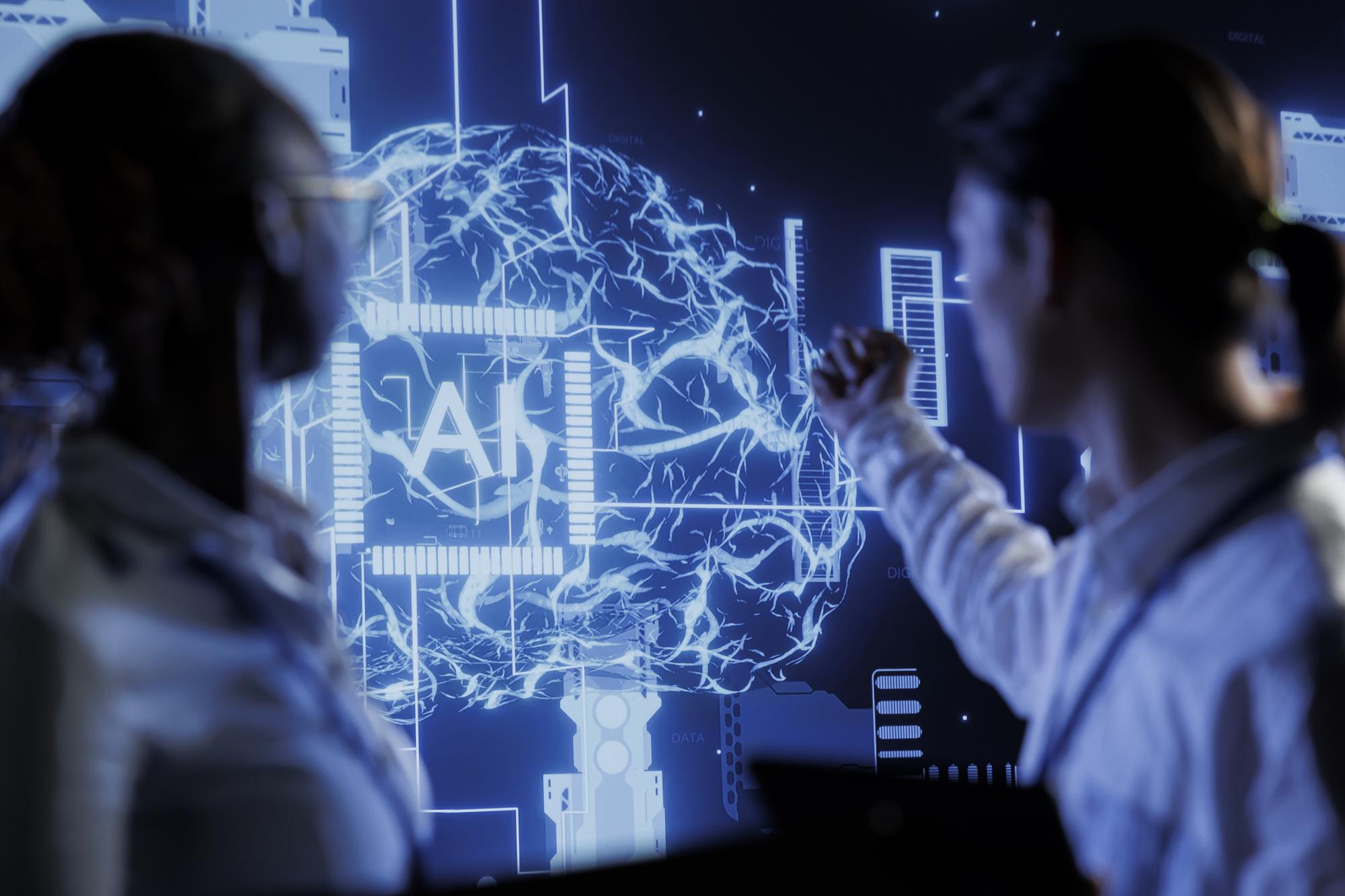AI and Its Impact on the Future of Work
Artificial Intelligence (AI) is transforming the world at an unprecedented pace, and the workplace is no exception. From automating repetitive tasks to enhancing decision-making, AI is reshaping industries and redefining job roles. As technology continues to evolve, understanding AI's impact on the future of work is crucial for businesses and employees alike.
The Rise of AI in the Workplace AI-powered tools are increasingly being integrated into daily business operations. Companies are leveraging AI for data analysis, customer service, and even creative tasks. Chatbots, virtual assistants, and automated workflows have streamlined processes, reducing the need for manual intervention. AI-driven predictive analytics help businesses make data-driven decisions, improving efficiency and productivity.
Job Automation vs. Job Creation One of the biggest concerns surrounding AI is job displacement. Automation has replaced routine jobs in industries like manufacturing, retail, and customer service. However, AI is also creating new job opportunities in fields such as AI development, data science, cybersecurity, and robotics. The demand for AI specialists and machine learning engineers has surged, highlighting the shift toward a more tech-driven job market.
The Evolution of Work Roles As AI takes over repetitive and mundane tasks, employees can focus on more strategic and creative aspects of their work. This shift is leading to the creation of hybrid roles that require both technical and soft skills. For example, AI-assisted marketing professionals use data insights to craft personalized customer experiences, while healthcare workers leverage AI-powered diagnostics to enhance patient care.
The Need for Upskilling and Reskilling To stay relevant in an AI-driven job market, continuous learning is essential. Employees must develop skills that complement AI, such as problem-solving, critical thinking, and emotional intelligence. Many organizations are investing in upskilling programs to equip their workforce with AI-related skills. Online courses, certifications, and corporate training programs are becoming popular avenues for professional development.
The Future of Human-AI Collaboration AI is not here to replace humans but to augment human capabilities. The future workplace will likely be a blend of human intelligence and AI-driven automation. Companies that successfully integrate AI with human expertise will gain a competitive edge. Ethical considerations, such as transparency, fairness, and bias mitigation, will also play a crucial role in AI adoption.
Final Thoughts AI is undeniably reshaping the future of work, offering both challenges and opportunities. While some job roles may become obsolete, new career paths will emerge, emphasizing the importance of adaptability and lifelong learning. By embracing AI and fostering human-AI collaboration, businesses and employees can thrive in this rapidly evolving digital landscape.
.png)






Leave a Comment
Your email address will not be published. Required fields are marked *